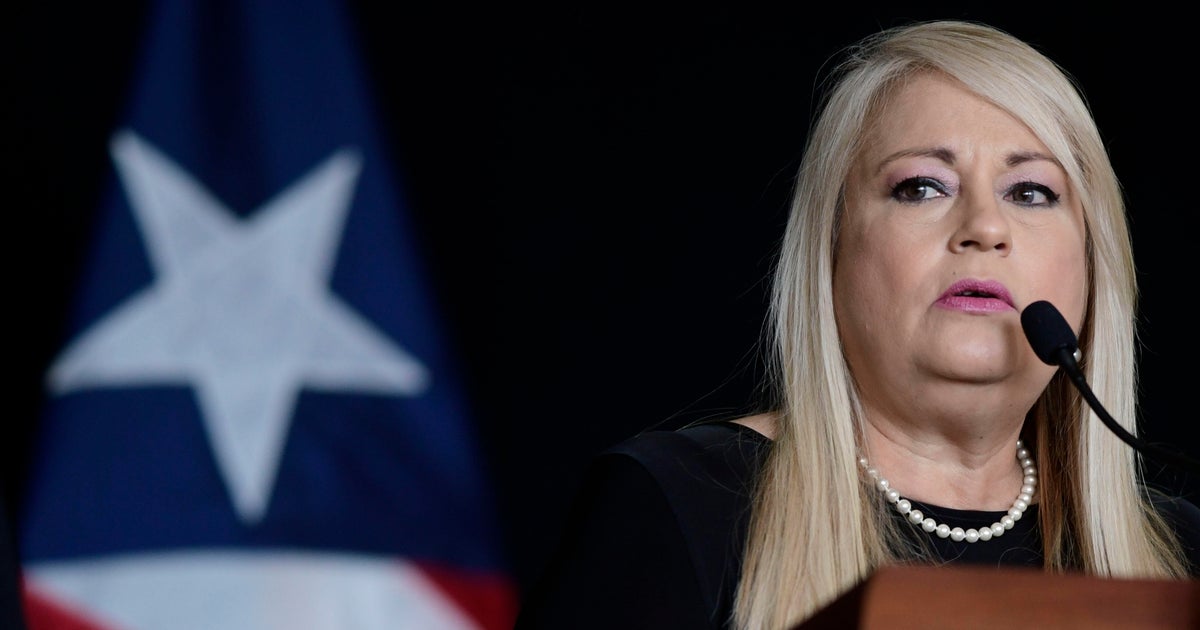Trump's Federal Reserve pick Stephen Moore owes $75,000 in unpaid taxes
Stephen Moore, President Donald Trump's pick to serve on the Federal Reserve's Board of Governors, owes more than $75,000 in unpaid taxes. A federal tax lien was filed against Moore in January 2018, saying the government had won the judgement against him.
The president said last week he intends to nominate Stephen Moore to fill a vacancy on the Fed's seven-member board, though he has not yet officially submitted the nomination. Moore served as an economic adviser to Mr. Trump during the 2016 presidential campaign and helped draft Mr. Trump's tax cut plan.
Moore, a conservative economic analyst and frequent Federal Reserve critic, has a $75,328 lien for unpaid taxes, and for penalties and interest that may accrue from 2014, according to court records in Montgomery County, Maryland.
Moore, a well-known and often polarizing figure in Washington political circles, is an ardent defender of tax cuts and helped shape the tax overhaul that Mr. Trump signed into law at the end of 2017. The Tax Cuts & Jobs Act provided generous tax cuts for corporations and wealthier Americans, with the aim of spurring faster economic growth.
The White House declined to comment. Moore did not immediately return a request for comment.
Moore's wife, Anne Carey, told Bloomberg News that Moore accidentally claimed the sum of alimony and child-support payments to his former wife, when only alimony is deductible. Because Moore had moved, he never received notifications from the IRS after the agency audited the return, she said.
"It was not an attempt at defrauding the U.S. government," Carey told Bloomberg. She added that the couple had overpaid their taxes by about $50,000 over the past few years and plans to seek a refund when they file their 2018 returns.
Carey said the couple has resolved to pay the lien as quickly as possible but will continue to dispute the IRS ruling.
Moore also had a hand in influencing the sharp tax cuts in Kansas under Governor Sam Brownback, a Republican, which led to years of budget shortfalls, according to McClatchy. Those shortfalls led to cuts in higher education and health-care spending, among other issues, while job growth in the state lagged the national average, the report noted.





